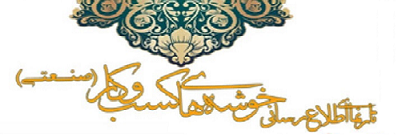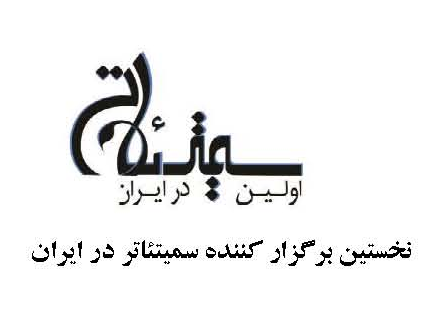صنعت پتروشیمی ایران- سه ماهه دوم 2015
BMI Industry View
The easing of sanctions will have a positive effect on the Iranian petrochemicals industry with hope for improved growth in output, according to BMI's latest Iran Petrochemicals Report. However, weak external markets, the declining cost differential between naphtha and ethane and domestic feedstock constraints will undermine government targets in 2015.

Although Iran began exports to the EU in January 2015, the collapse in crude prices and their effect on naphtha prices has undermined the competitiveness of the country's largely ethane-fed petrochemicals industry. Additionally, Iran is expected to undershoot the government's production and export targets for FY2014/15, undermining the credibility of its petrochemicals development programme. The main reason for the failure of the government's programme is the deleterious effect of prolonged sanctions, which deterred investment and caused domestic economic decline. Any resumption of sanctions will cause further negative effects on the industry.
While the plants may nominally come on stream, operation rates are likely to be low and plants will be operating at a loss unless Iranian producers can pass on the full costs of production onto consumers in export markets. To operate at reasonable levels of capacity utilisation, olefins output would have to increase by a third and polymers by a third, but the demand may not exist and may not have existed even without the sanctions regime.
■ Resumption of exports will also help raise Iran's share of the Middle East's production output from 25% in 2014, although there are still doubts that it will reach its target of a 41% regional market share by 2020.
■ BMI forecasts that by 2019, ethylene capacity alone will total 11.08mn tpa, with the completion of the Olefins 11 and 12 projects, which will have capacities of 2.0mn tpa and 1.2mn tpa respectively.
■ This quarter, Iran has risen from fifth to third place as a result of improved risk index scores. Its petrochemicals Risk/Reward Index has grown 1.5 points to 61.1 points, putting it 1.2 points ahead of Qatar and 3.9 points behind the UAE. Petrochemicals risks are still to the downside due to the dominance of state-owned enterprises, uncertainties in feedstock and structural problems within the market.
گزارش تحلیلی بیزینس مانیتور- صنعت پتروشیمی ایران- سه ماهه دوم 2015

